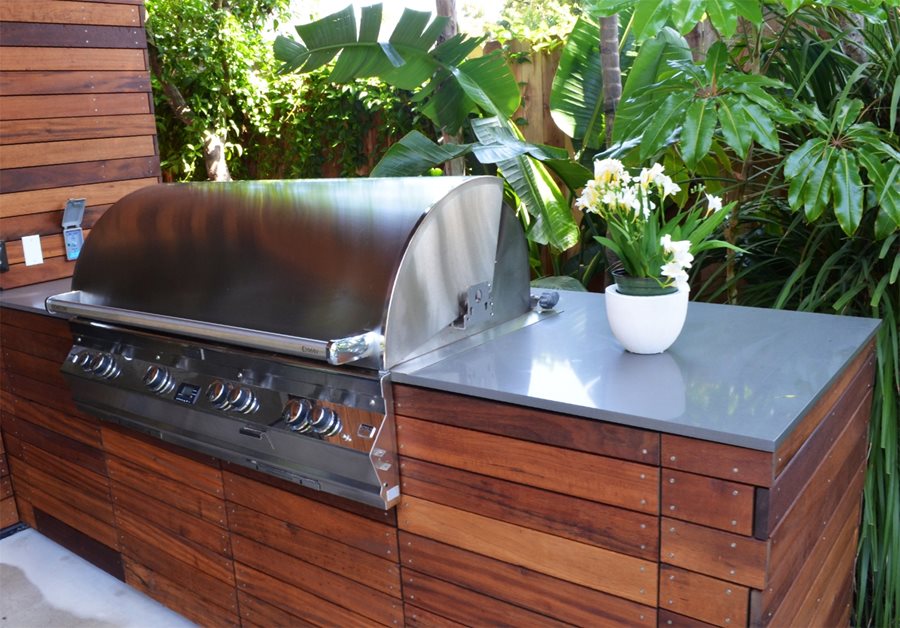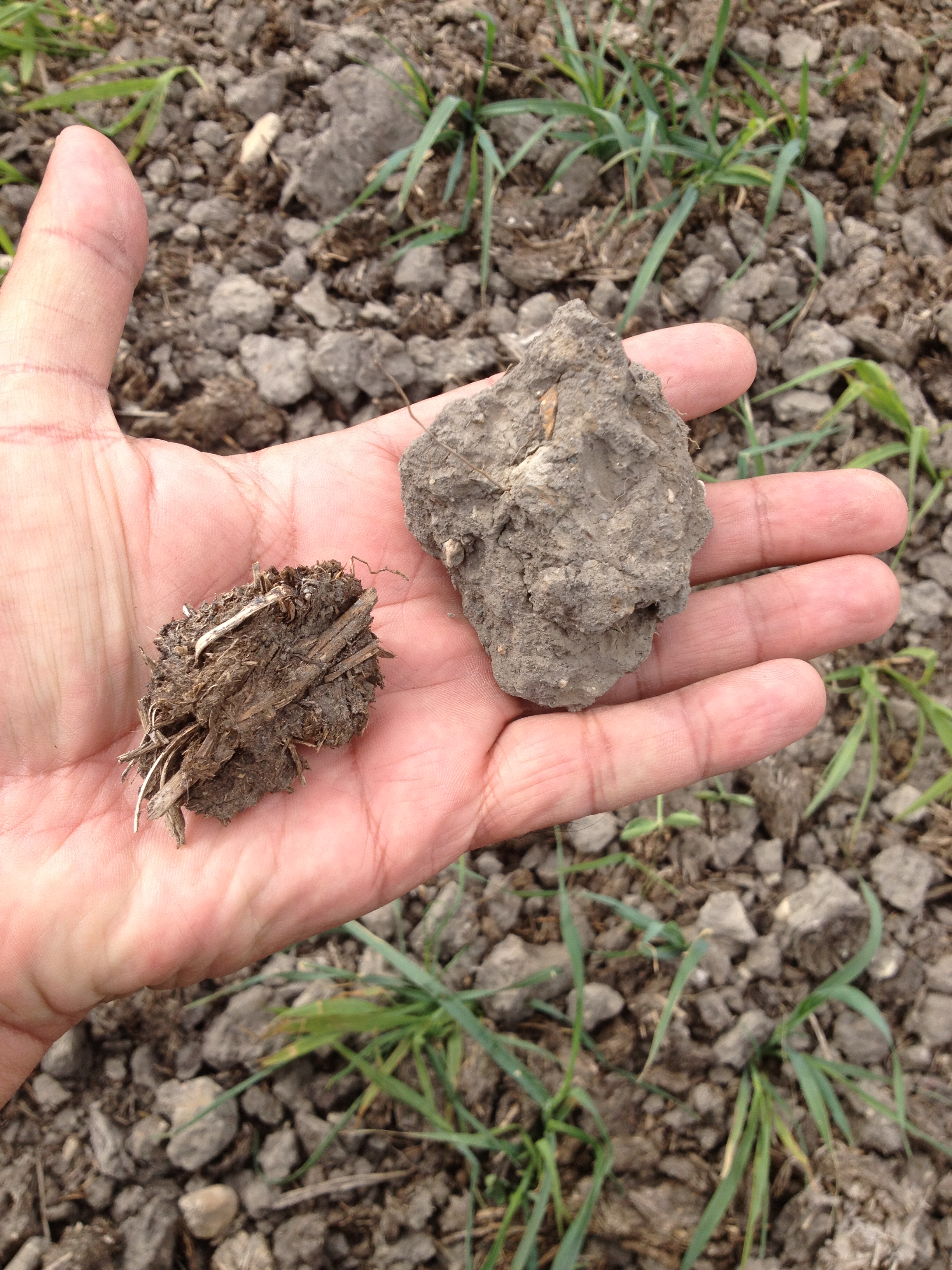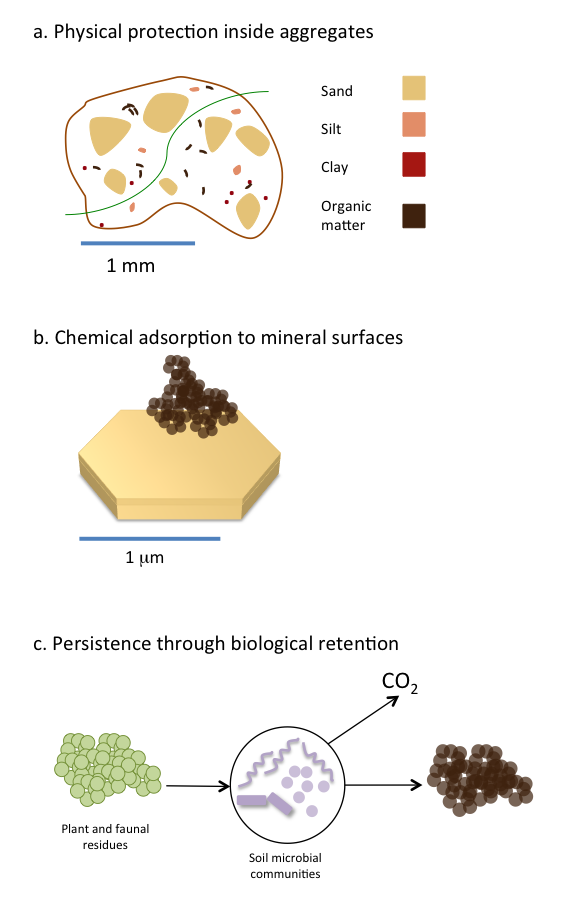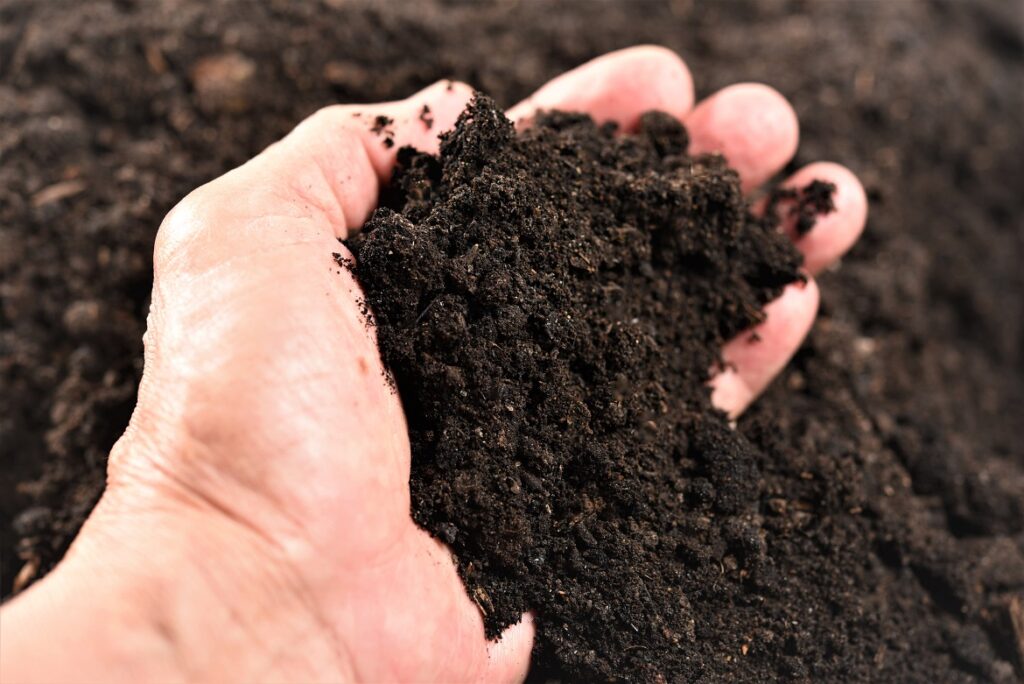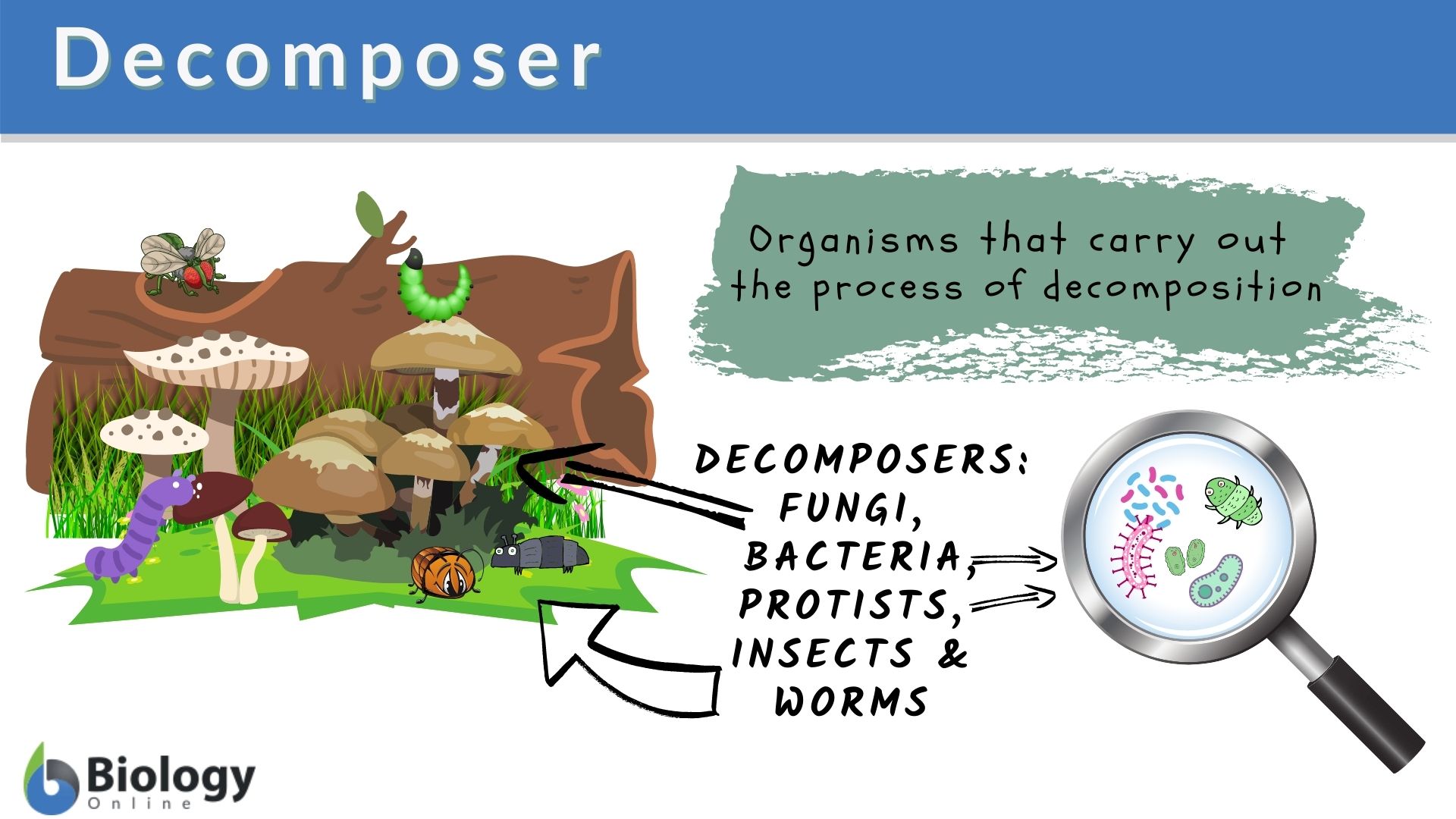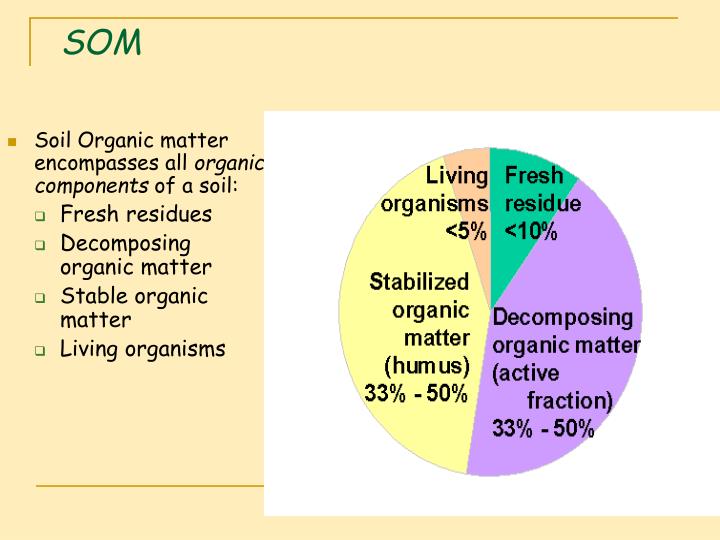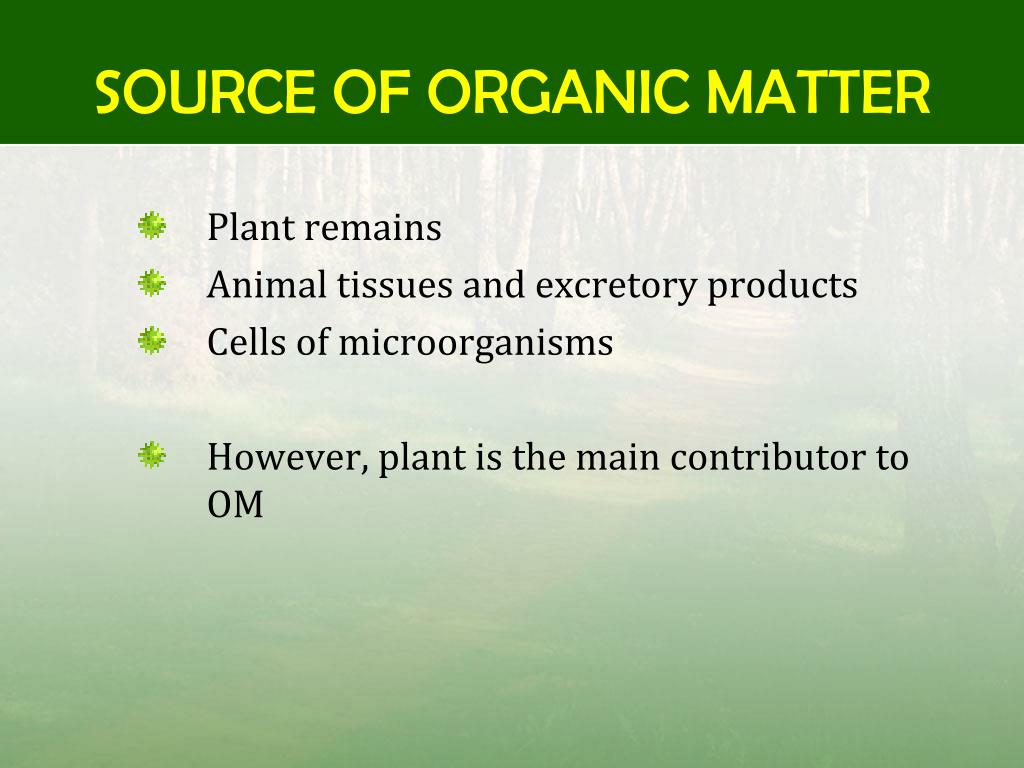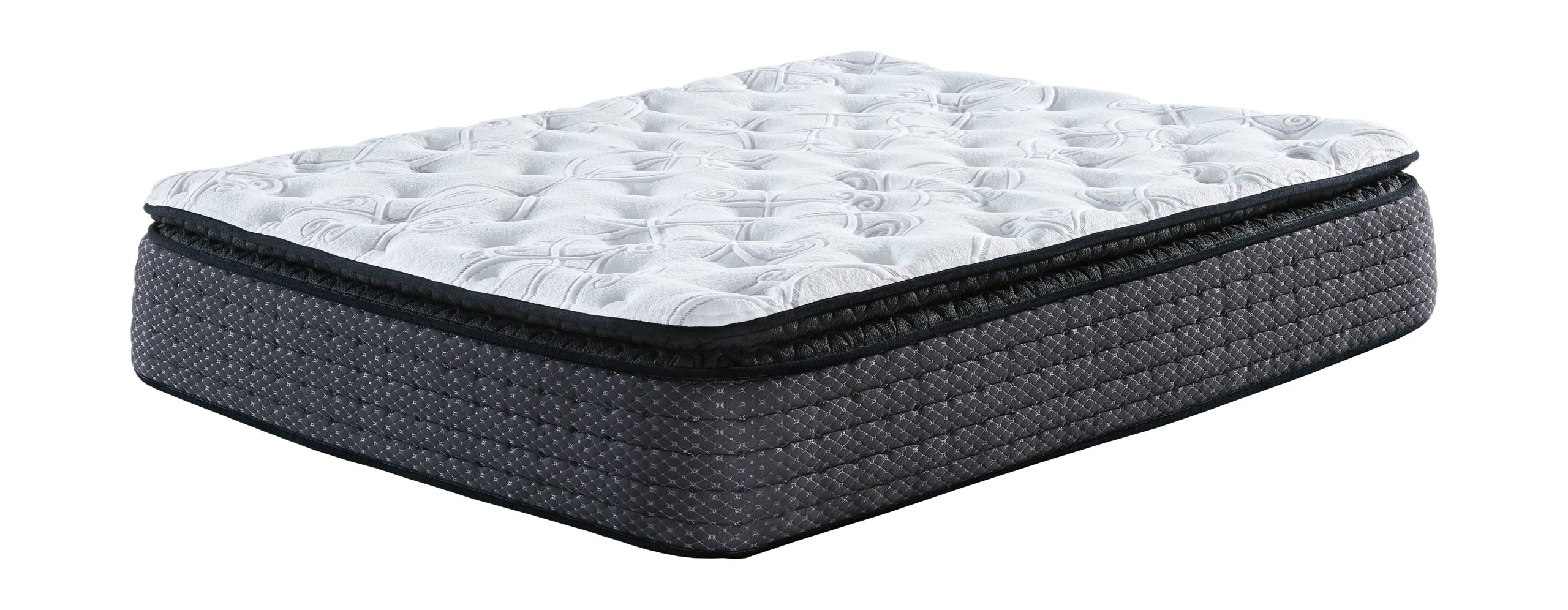One of the most common and unpleasant smells that can arise from under the kitchen sink cabinet is the musty odor of mold and mildew. These fungi thrive in dark, damp environments, making the space under the sink an ideal breeding ground. If left untreated, mold and mildew can spread quickly and cause respiratory issues for those living in the house. It's important to regularly check for any signs of mold or mildew and address them immediately before they become a bigger problem.1. Mold and Mildew Growth
Another culprit for a foul smell under the kitchen sink cabinet could be leaking pipes. Over time, pipes can become damaged or worn, leading to small leaks that can cause a musty or rotten odor. This can also cause damage to the surrounding areas and attract pests. It's important to regularly check for any leaks and have them fixed as soon as possible to prevent further issues.2. Leaking Pipes
If you've noticed a strong, putrid smell coming from under your kitchen sink, it could be due to rotting food. It's not uncommon for food scraps or spills to make their way under the sink and go unnoticed. As they decompose, they can produce a foul odor that can be difficult to get rid of. It's important to clean up any spills or food scraps promptly and regularly check under the sink for any hidden messes.3. Rotting Food
A clogged drain can also be a contributing factor to a bad smell coming from under the kitchen sink. When food particles, grease, or other debris get stuck in the drain, they can start to decompose and produce an unpleasant odor. In addition to the smell, a clogged drain can also cause slower draining and even lead to water backups. Regularly cleaning and maintaining the drain can help prevent these issues.4. Clogged Drain
If you've noticed a stagnant water smell coming from under the kitchen sink, it could be due to standing water. This can happen if there is a leak or if water is not properly draining from the sink. Standing water not only produces a foul smell, but it can also attract insects and bacteria. It's important to address any leaks and ensure proper drainage to prevent standing water from forming.5. Standing Water
It's easy to forget about the sponges and dishcloths we use to clean our dishes, but they can also contribute to a bad smell under the kitchen sink. If left damp and uncleaned, they can become a breeding ground for bacteria and produce a musty or sour smell. It's important to regularly replace sponges and dishcloths and allow them to dry completely after use.6. Old Sponges or Dishcloths
If you have a garbage disposal under your kitchen sink, it could also be a source of unpleasant smells. Food particles can get stuck in the disposal and start to decompose, creating a foul odor. It's important to regularly clean and maintain the garbage disposal to prevent this from happening. You can also use natural cleaners like lemon or vinegar to keep it smelling fresh.7. Garbage Disposal Issues
If you have pets in the house, it's not uncommon for them to have accidents under the kitchen sink. If not cleaned up properly, these accidents can leave behind a lingering odor. It's important to thoroughly clean and disinfect the area to remove any traces of the smell. Using pet-friendly cleaners or baking soda can also help absorb any lingering odors.8. Pet Accidents
The source of the smell under your kitchen sink may not be coming from inside the cabinet, but rather from gaps or cracks in the cabinet itself. If the cabinet is not properly sealed, it can allow odors to escape and spread throughout the kitchen. It's important to check for any gaps and seal them with silicone caulk to prevent odors from escaping.9. Improperly Sealed Cabinets
Lastly, the smell could simply be coming from decomposing organic matter that has made its way under the sink. This could be anything from fallen leaves to rotting wood. Regularly cleaning and organizing the space under the sink can help prevent this from happening. If you notice any debris or organic matter, be sure to remove it promptly. In conclusion, there are various reasons why your kitchen sink cabinet may have a foul smell. Regular maintenance and cleaning can help prevent these issues, but it's important to address any underlying problems as soon as possible to avoid further damage and unpleasant odors. By following these tips, you can keep your kitchen smelling fresh and clean.10. Decomposing Organic Matter
The Importance of Keeping Your Kitchen Smelling Fresh
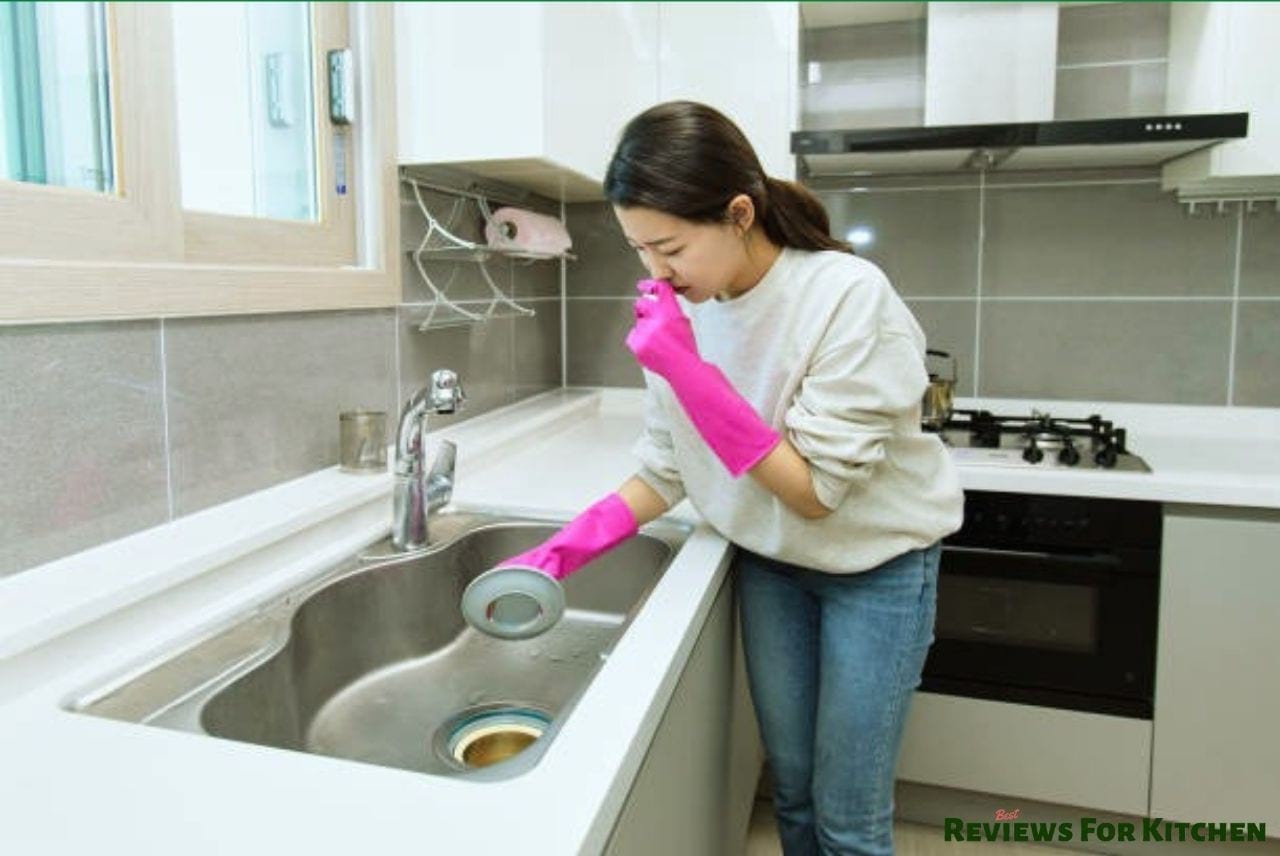
Why the Smell Under Your Kitchen Sink Cabinet Matters
 When it comes to house design, one aspect that often gets overlooked is the smell. We tend to focus on the aesthetics and functionality of our homes, but the smell can greatly impact our overall experience. This is especially true in the kitchen, where odors can easily accumulate due to cooking and food waste. That's why it's essential to pay attention to the smell under your kitchen sink cabinet.
Kitchen Sink Cabinet
: Your kitchen sink cabinet is where you store your cleaning supplies, garbage bags, and sometimes even your garbage can. It's a space that is often overlooked when it comes to cleaning and maintenance, but this can lead to unpleasant odors. The combination of cleaning products and food waste can create a musty, foul smell that can spread throughout your kitchen and even your entire home.
Importance of a Fresh Smelling Kitchen
: The kitchen is the heart of the home, and it's where we spend a significant amount of time cooking, eating, and socializing. A foul smell can not only affect our mood and appetite, but it can also be a sign of potential health hazards. Mold and bacteria can thrive in a damp and dirty environment, which can lead to respiratory issues and other health problems. Plus, no one wants their guests to be greeted with an unpleasant smell when they enter their home.
How to Get Rid of the Smell Under Your Kitchen Sink Cabinet
: The first step to getting rid of the smell under your kitchen sink cabinet is to identify the source. It could be old food scraps stuck in the garbage disposal or a leaky pipe. Once you've identified the problem, it's important to clean and disinfect the area thoroughly. Use
natural cleaning products
such as
lemon juice
or
white vinegar
to eliminate the odor without harsh chemicals.
When it comes to house design, one aspect that often gets overlooked is the smell. We tend to focus on the aesthetics and functionality of our homes, but the smell can greatly impact our overall experience. This is especially true in the kitchen, where odors can easily accumulate due to cooking and food waste. That's why it's essential to pay attention to the smell under your kitchen sink cabinet.
Kitchen Sink Cabinet
: Your kitchen sink cabinet is where you store your cleaning supplies, garbage bags, and sometimes even your garbage can. It's a space that is often overlooked when it comes to cleaning and maintenance, but this can lead to unpleasant odors. The combination of cleaning products and food waste can create a musty, foul smell that can spread throughout your kitchen and even your entire home.
Importance of a Fresh Smelling Kitchen
: The kitchen is the heart of the home, and it's where we spend a significant amount of time cooking, eating, and socializing. A foul smell can not only affect our mood and appetite, but it can also be a sign of potential health hazards. Mold and bacteria can thrive in a damp and dirty environment, which can lead to respiratory issues and other health problems. Plus, no one wants their guests to be greeted with an unpleasant smell when they enter their home.
How to Get Rid of the Smell Under Your Kitchen Sink Cabinet
: The first step to getting rid of the smell under your kitchen sink cabinet is to identify the source. It could be old food scraps stuck in the garbage disposal or a leaky pipe. Once you've identified the problem, it's important to clean and disinfect the area thoroughly. Use
natural cleaning products
such as
lemon juice
or
white vinegar
to eliminate the odor without harsh chemicals.
Preventive Measures to Keep Your Kitchen Smelling Fresh
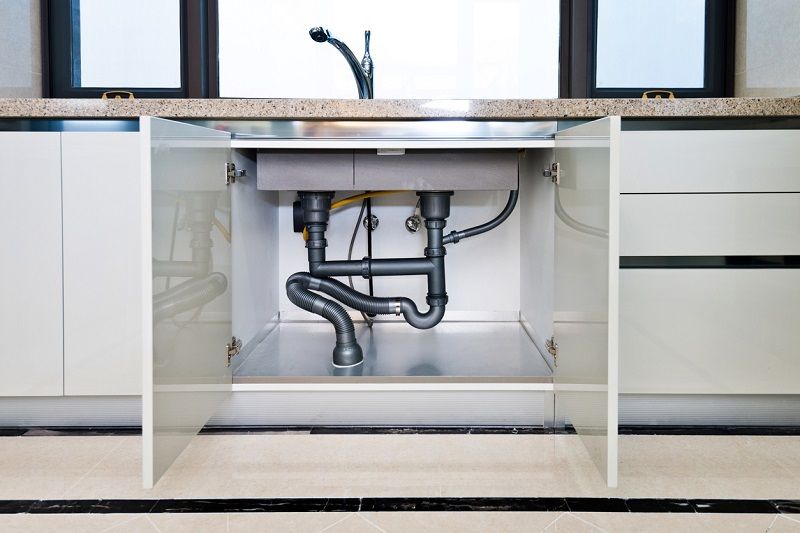 To prevent future odors under your kitchen sink cabinet, it's important to take some preventive measures. Make sure to regularly clean out your garbage disposal, use
trash bags with baking soda
to absorb any odors, and check for any leaks or standing water. You can also
add a box of baking soda
under your sink to absorb any lingering odors.
In addition to these measures, it's crucial to
properly ventilate
your kitchen while cooking to prevent strong odors from lingering. You can also incorporate
indoor plants
that naturally purify the air and add a pleasant scent to your kitchen.
In conclusion, the smell under your kitchen sink cabinet may seem like a minor issue, but it can greatly impact the overall experience in your home. By taking preventive measures and regularly cleaning and disinfecting the area, you can ensure a fresh and pleasant smelling kitchen. Don't neglect this important aspect of house design and create a welcoming and healthy environment for you and your loved ones.
To prevent future odors under your kitchen sink cabinet, it's important to take some preventive measures. Make sure to regularly clean out your garbage disposal, use
trash bags with baking soda
to absorb any odors, and check for any leaks or standing water. You can also
add a box of baking soda
under your sink to absorb any lingering odors.
In addition to these measures, it's crucial to
properly ventilate
your kitchen while cooking to prevent strong odors from lingering. You can also incorporate
indoor plants
that naturally purify the air and add a pleasant scent to your kitchen.
In conclusion, the smell under your kitchen sink cabinet may seem like a minor issue, but it can greatly impact the overall experience in your home. By taking preventive measures and regularly cleaning and disinfecting the area, you can ensure a fresh and pleasant smelling kitchen. Don't neglect this important aspect of house design and create a welcoming and healthy environment for you and your loved ones.



:max_bytes(150000):strip_icc()/identifying-mold-vs-mildew-4799138-final-4266e4b3d84c4401a7c1d8b6835dcc97.png)

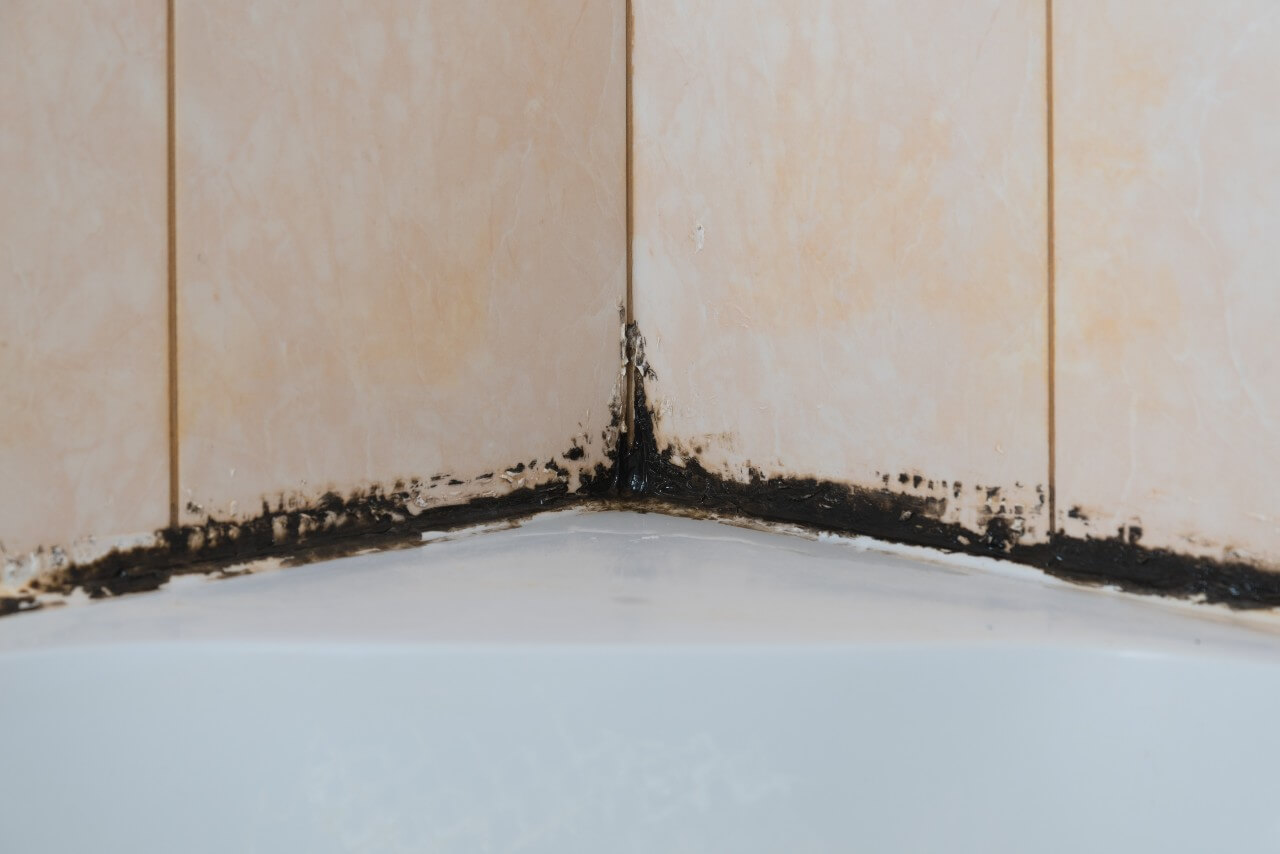

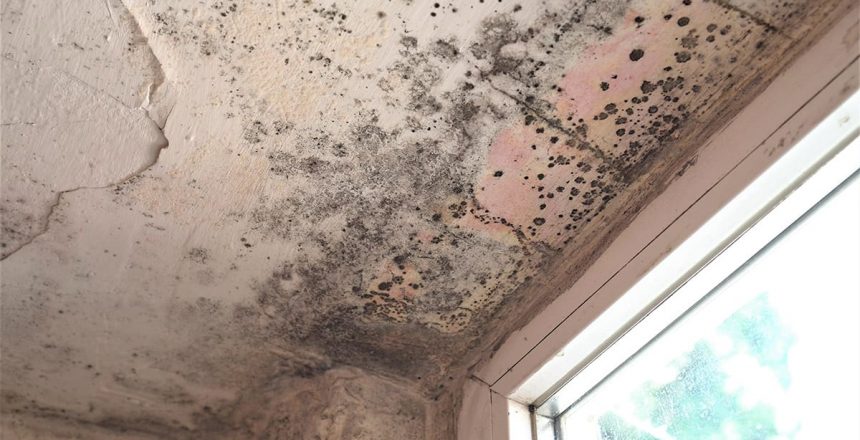
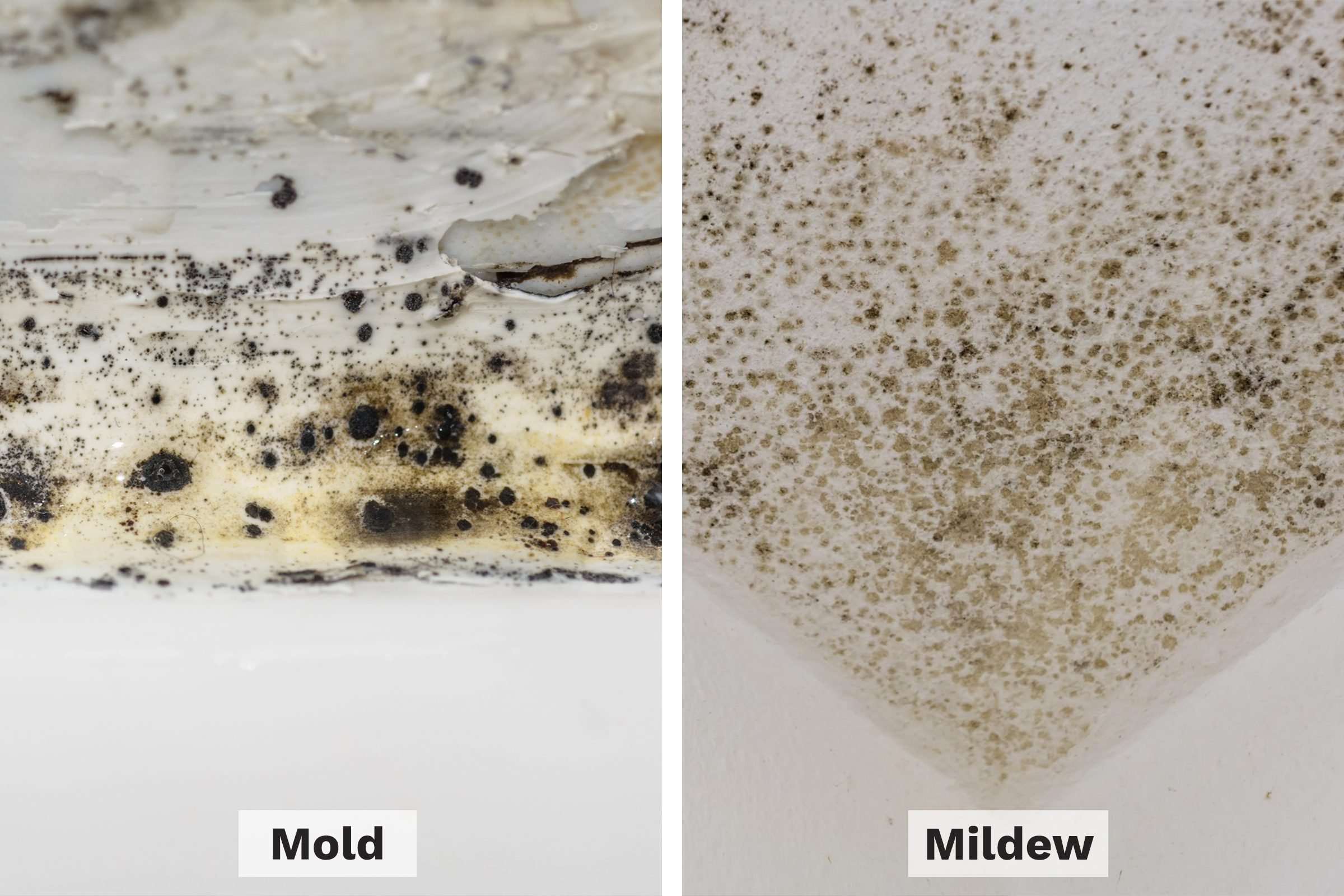
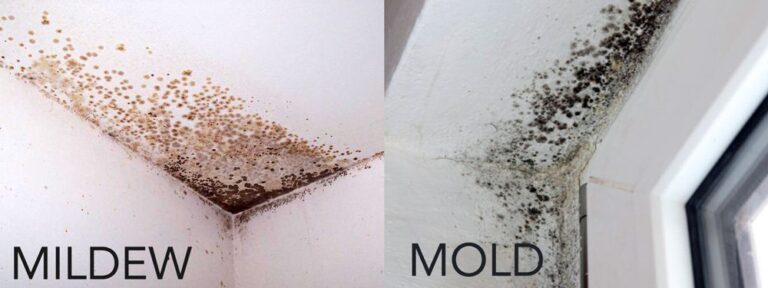


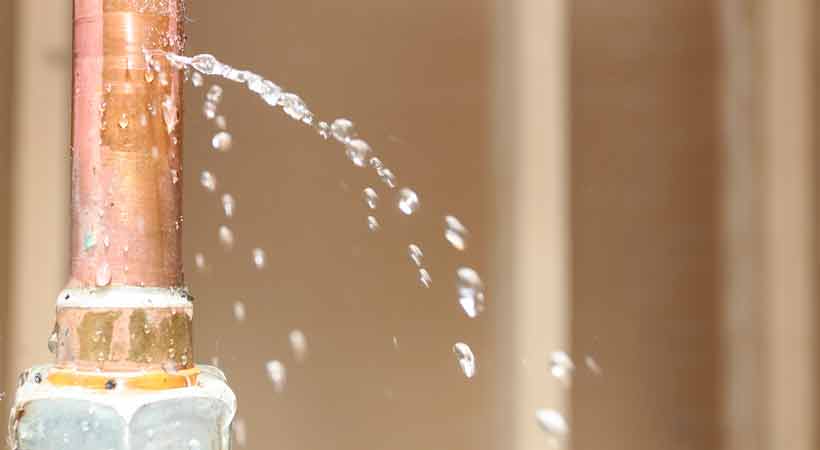



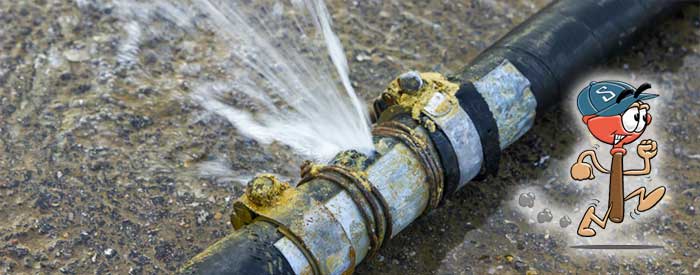


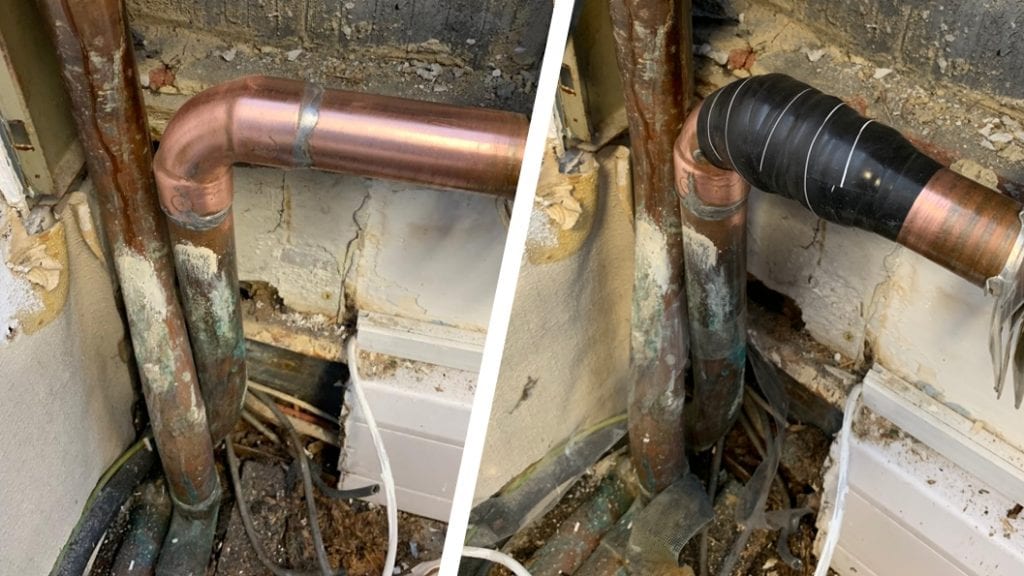









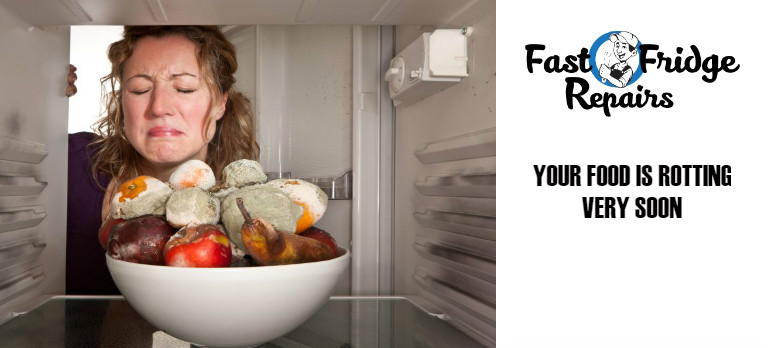
.jpg)



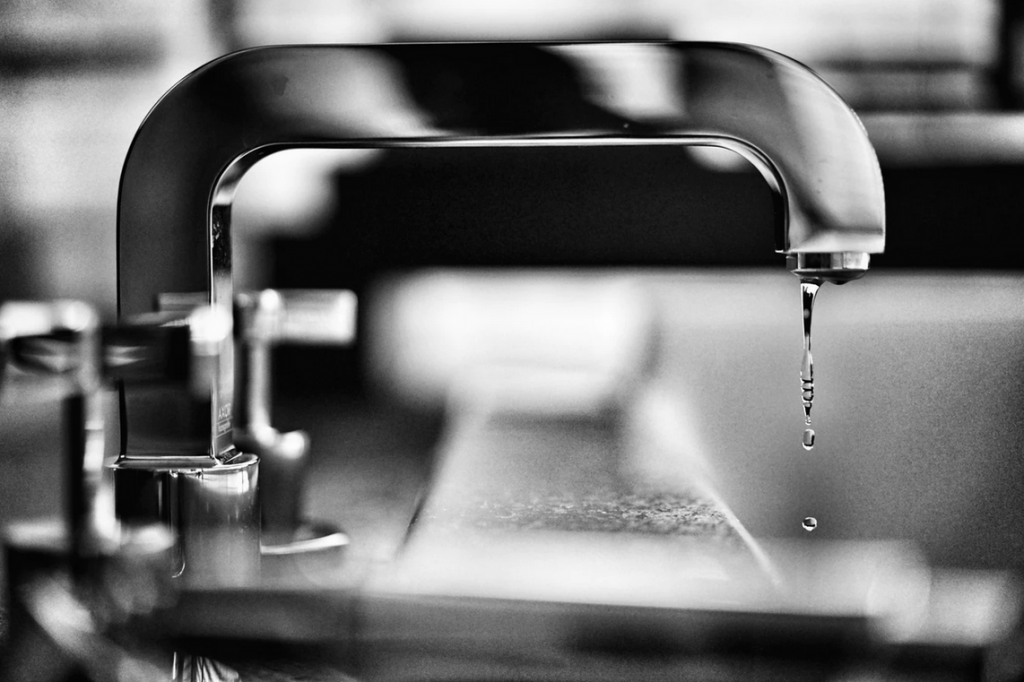
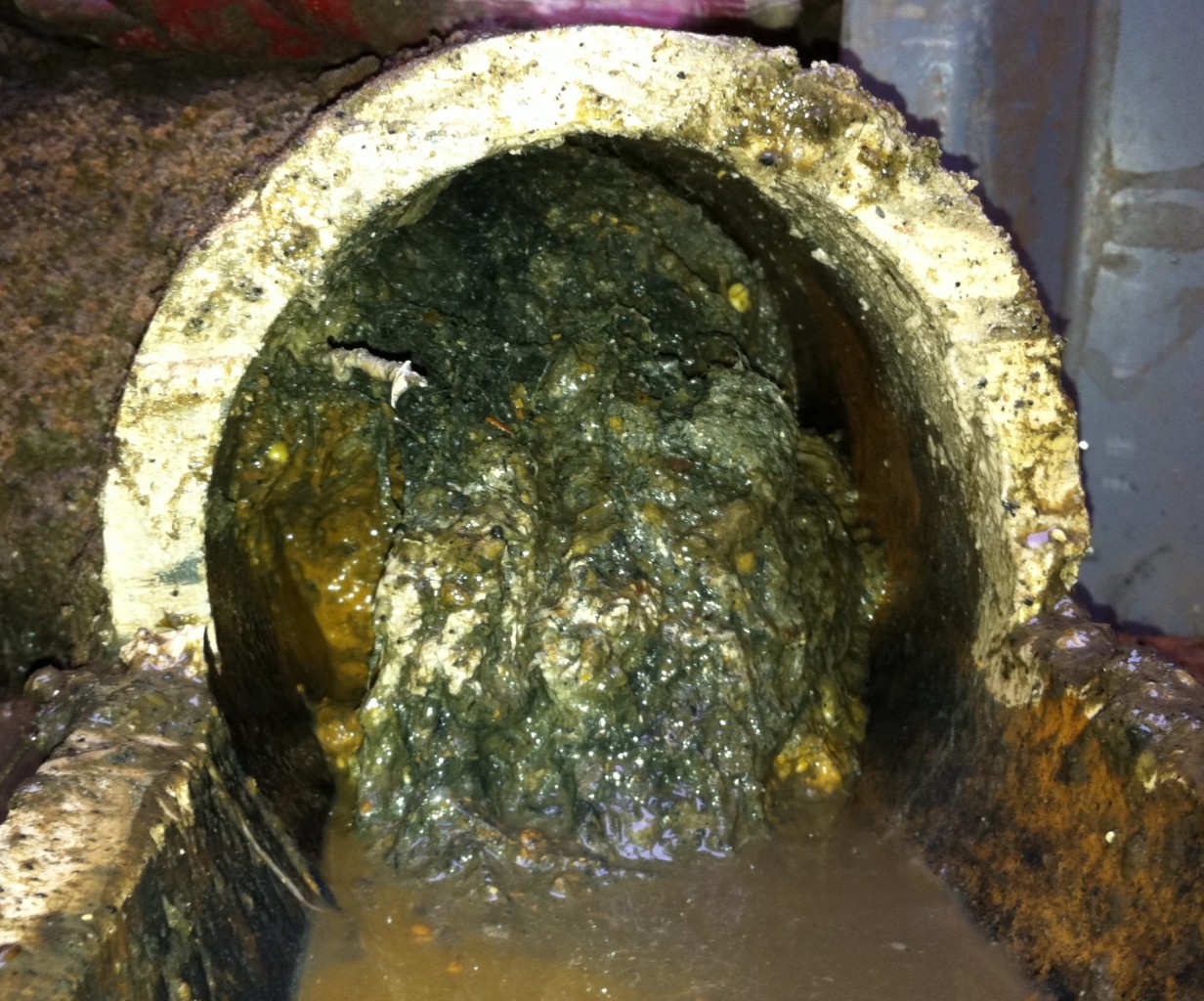








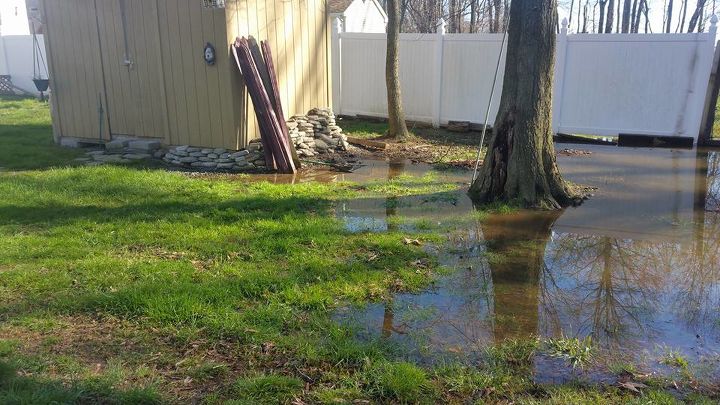
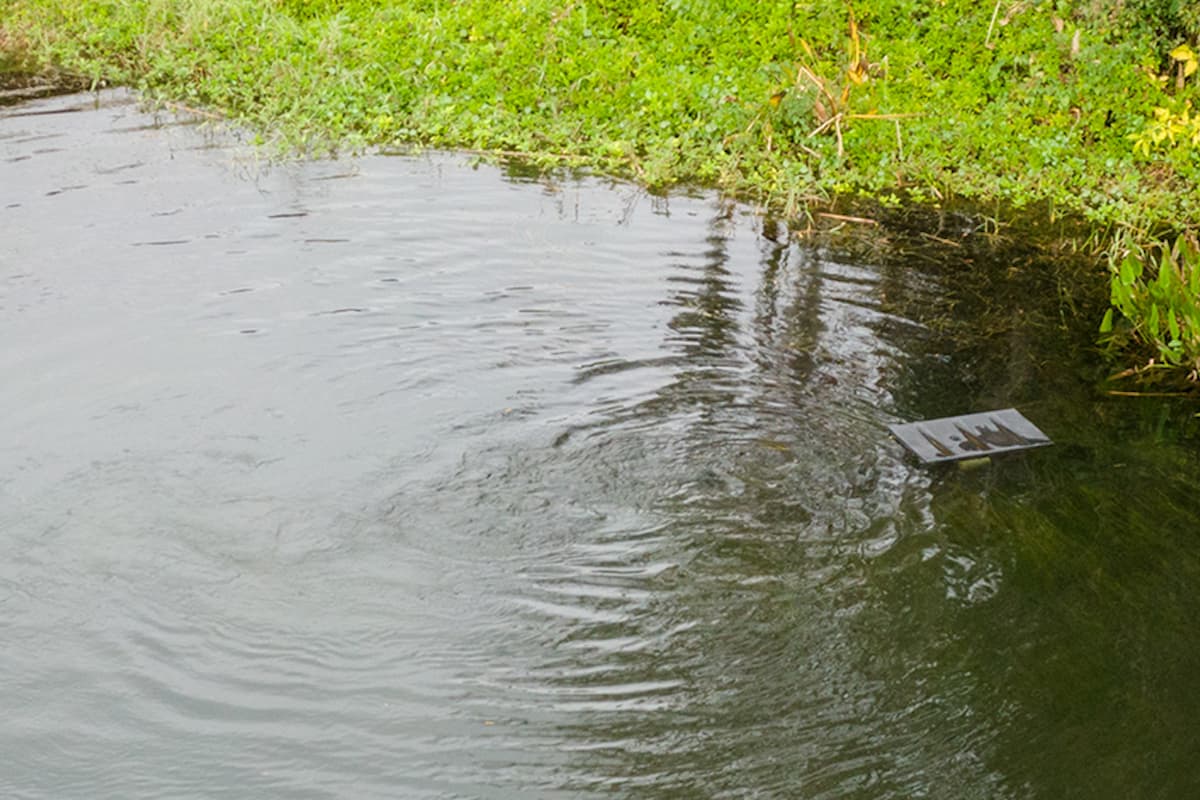

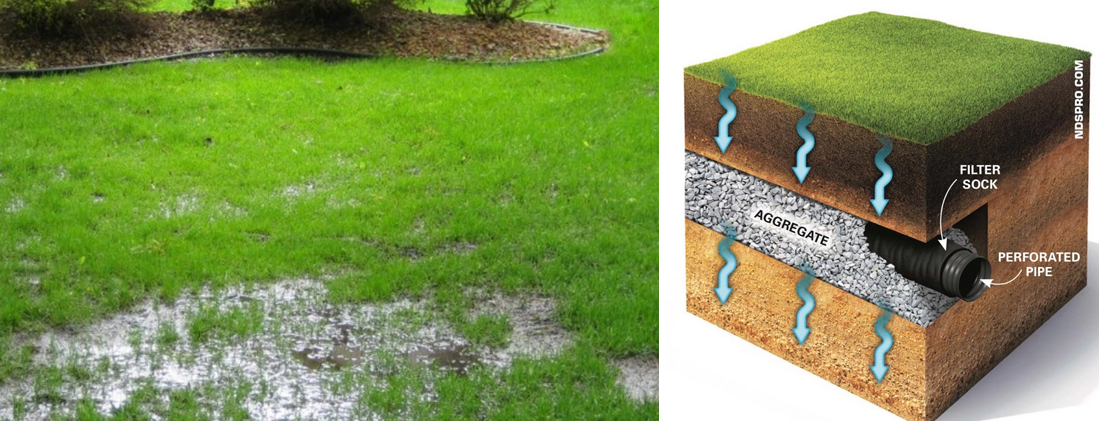

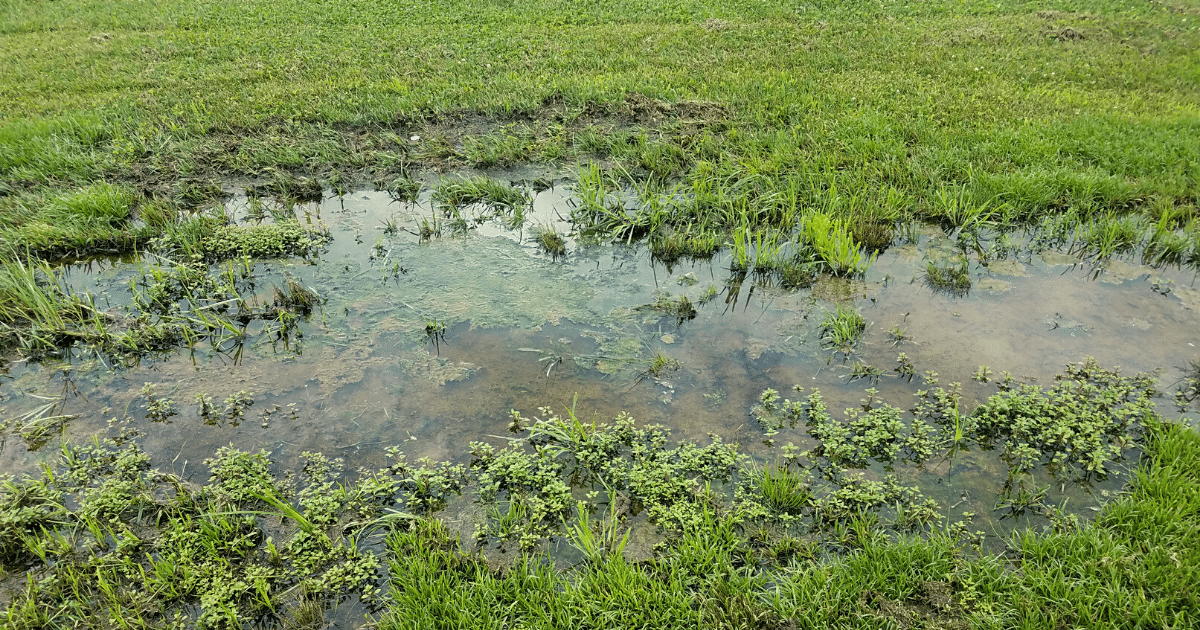









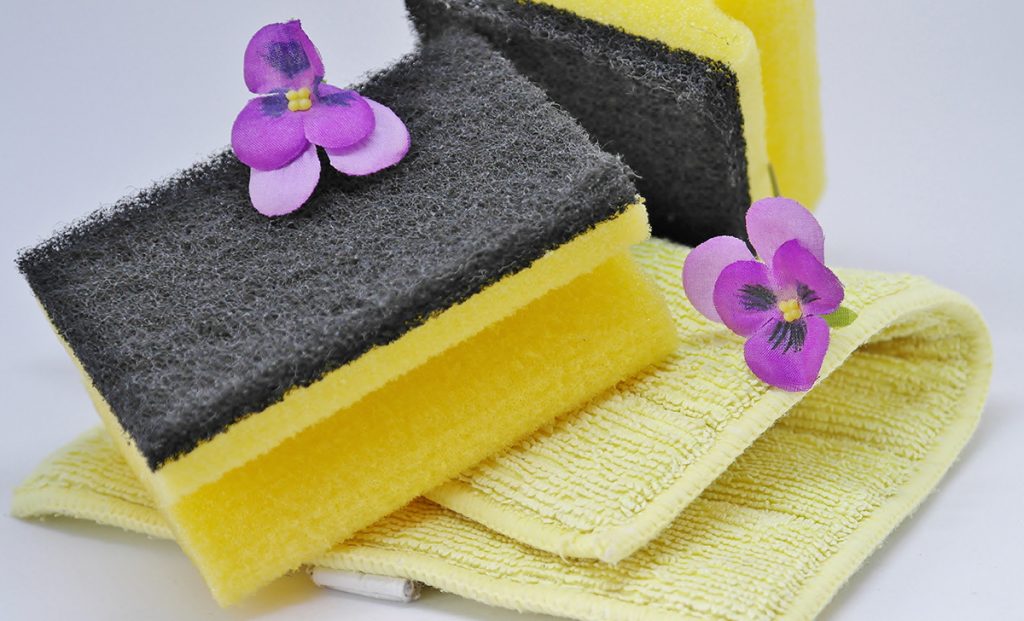








/GettyImages-168849544-5e525898bfba48fc82adfdd2d72f9755.jpg)
























